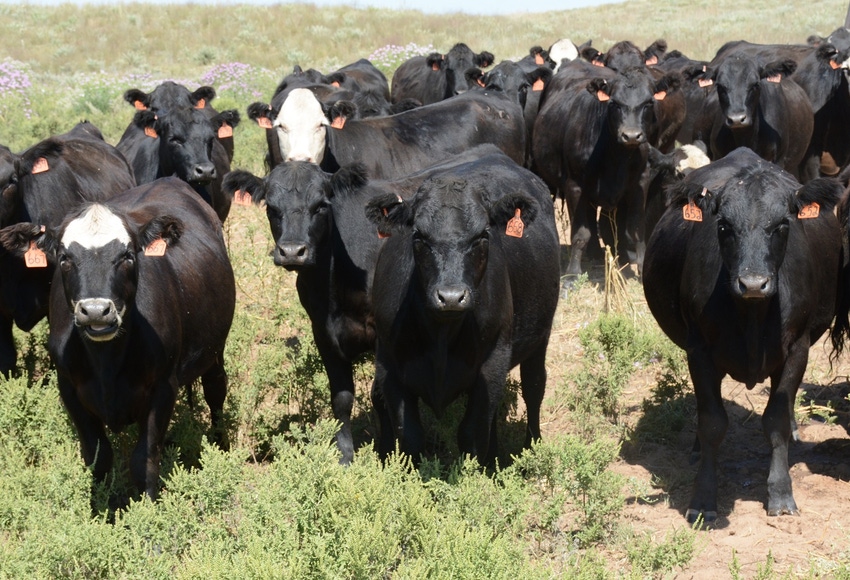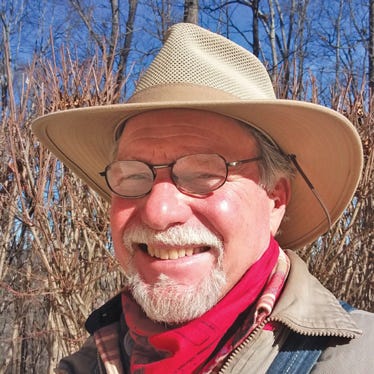
Cows occasionally have a malady called uterine torsion. With few exceptions there is a big fetus located in the right or left uterine horn and the whole organ makes a near full twist, just like you took a hot-dog-shaped balloon that was half water and half air and twisted it and it didn’t untwist. The calf cannot be delivered by the cow because her uterus is in a twist (torsion) and the canal is blocked.
Several years ago I had just such a case come to the clinic. I was mostly having a routine day and a client we'll refer to as A.M. called about this cow that was needing to calve and could not. He trailered her to my parking lot and we unloaded the rig. My examination revealed that the uterine torsion was preventing the presentation and delivery of the calf. The fetus was now dead and there was more than a little odor, indicating that this problem had significant age.
I made the diagnosis and A.M. asked me what we needed to do.
“We need a big girl to stand on a 2X10-inch board while you and I roll the cow a few times and untwist the uterus,” I answered.
He said he’d phone his wife, Lou Jean, and have her down there in 10 minutes. He also remarked that she should be plenty heavy enough. I didn’t argue and found a board, a halter and some rope.
We eased the cow out to some grass next to the parking lot and laid her down with a double half-hitch pull. Lou Jean was there in a few minutes and stood on the board across the cow’s flank while we rolled her. As I had done in the past, I rolled the cow the wrong way and tightened the twist. (Frequently the best thing a vet has going is the ability to work and know just a little more about the task at hand than the client.)
We rolled the cow the other direction twice more with Lou Jean balancing on the 2x10, with me begging her not to fall off while A.M. and I grunted to roll the cow. We got the uterus untwisted. I thanked the Lord and checked the cervix. It was open. I bragged about how good a job Lou Jean had done while I retrieved a 60-inch OB chain and my old fetal extractor. Lou Jean left for the house to go fix supper.
We delivered the fetus and the afterbirth. I pumped five gallons of hot saline into the uterus and it flushed and contracted. This was positive. A.M. and I loaded the cow, the fetus and the afterbirth. Most of the flies and much of the odor were now on the trailer. We did not think it was a big deal. A.M. wrote me a check and both of us were happy.
Before he left, A.M. mentioned that he’d likely have gotten a better supper if I had rolled the cow the right way the first time. I made the statement that it wasn’t a perfect world and we can’t all be jewels. He agreed and we laughed.
The following day I received a visit from a couple of the city’s best blue-suited officers. Both were clients who always received hefty discounts. They were in a good mood but mentioned having received a complaint from my neighbor about a "stinky" cow next to his front door on the previous afternoon. I mentioned something about the economy of food and the fact that everything was on my property and nobody got hurt.
One of the cops said something that I considered smart-alecky and I retorted with something I immediately wished I had not. They got in the bubble-gum-machine-topped vehicle and left.
The truth is that my practice was good for the city and my neighbor’s business. I eventually learned that many of us would do well to put together more positive communication skills -- me in particular. Some people have this ability naturally and some of us need to learn them.
About the Author(s)
You May Also Like






